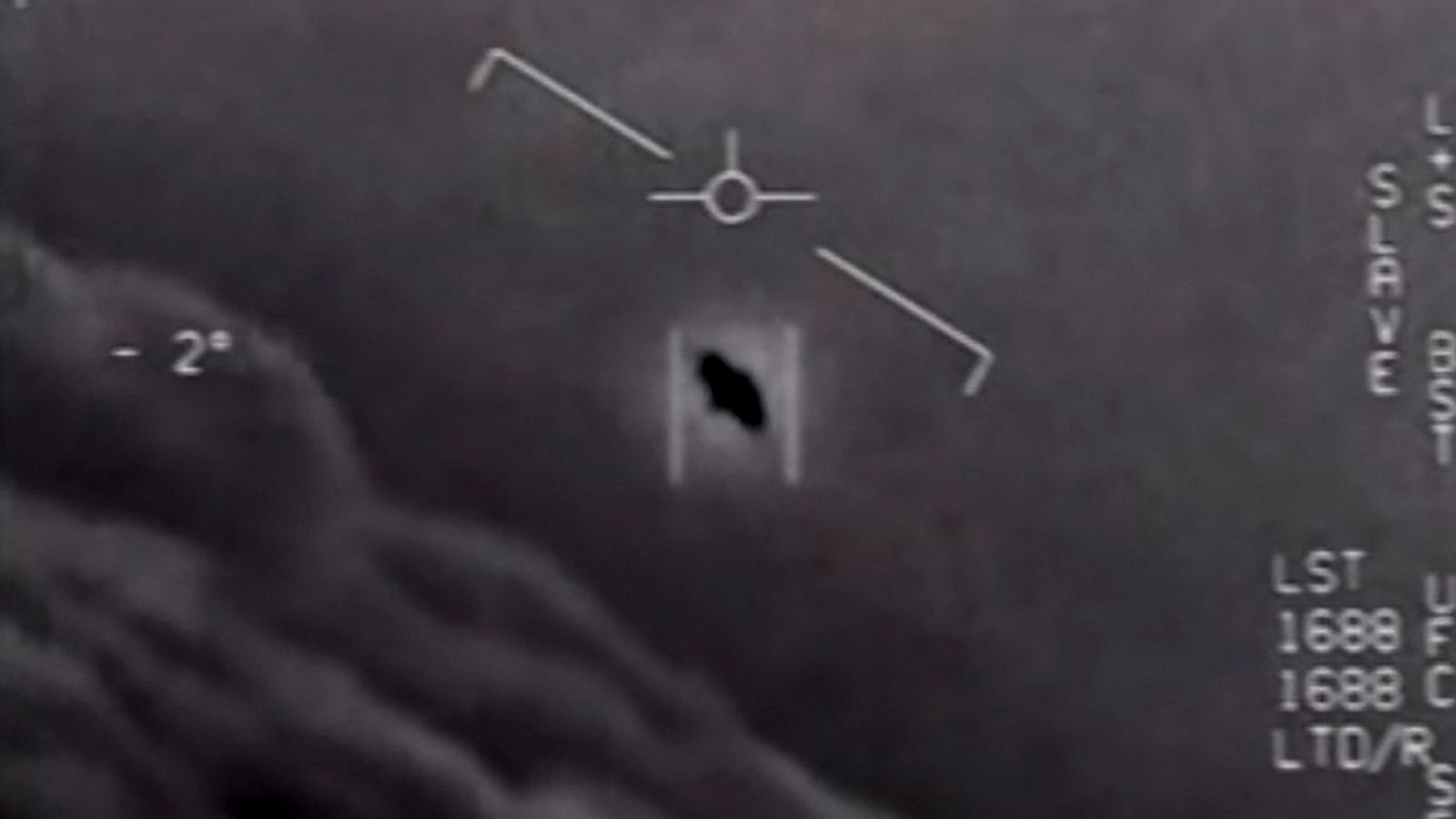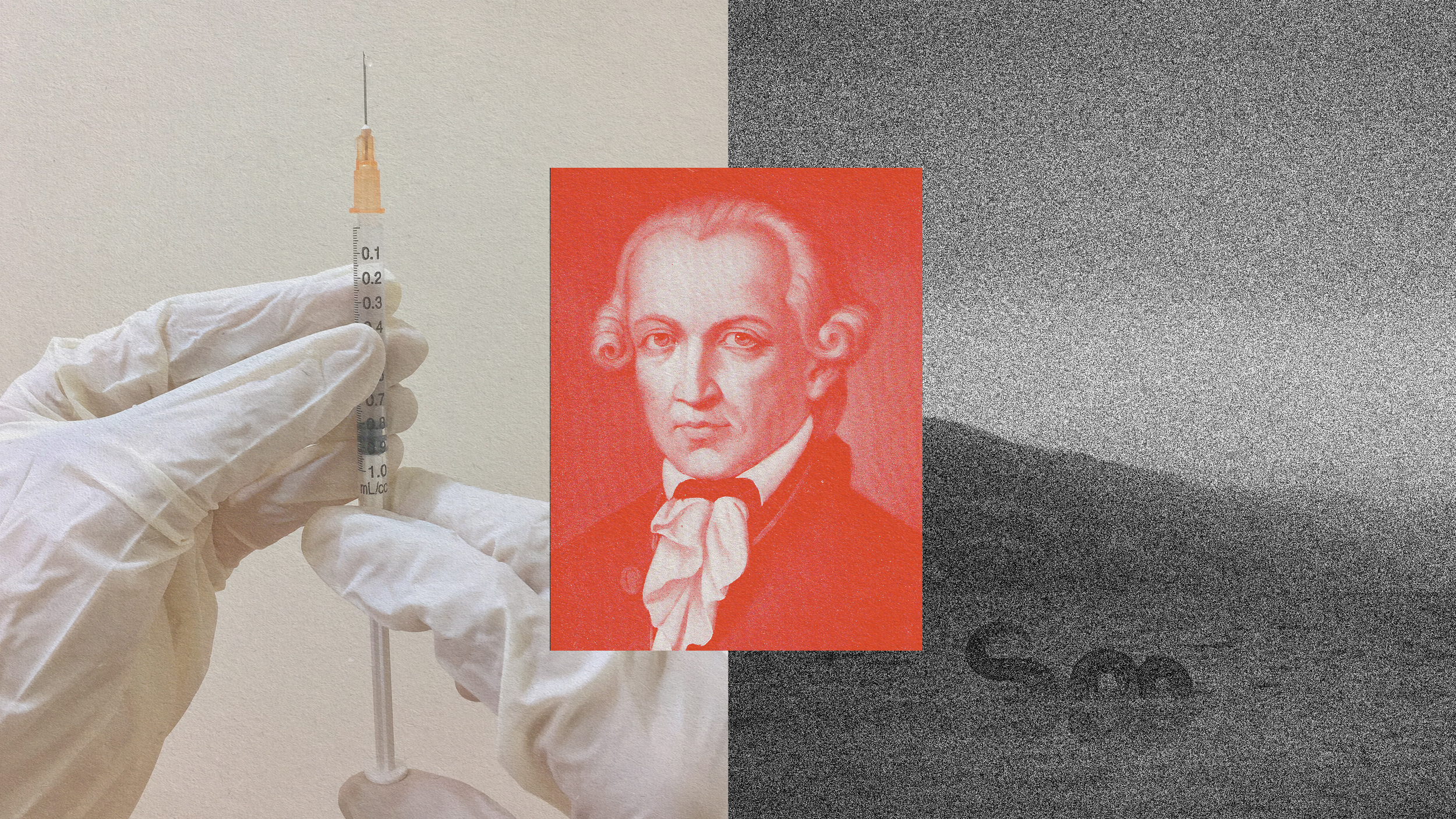Can We Measure Presidents Like Baseball Players?

Do the times make the person or the person the times?
Gautam Mukunda, author of the new book Indispensable: When Leaders Really Matter, argues that most political science research “either implicitly assumes or explicitly argues that individual leaders don’t much matter at all.” Mukunda says that a similar view is pervasive in his own field of management.
Is it possible, however, to challenge that view by measuring the impact of a leader? In baseball sabermetrics, fo instance, there is a stat known as WAR, or wins above replacement. How many games would the New York Yankees win with Alex Rodriguez as opposed to his replacement? If the answer is not many more, then one can evaluate Rodriguez as a pretty expensive bust.
In the context of leadership, Mukunda writes, “leader impact can best be thought of as the marginal difference between what actually happened and what would have happened if the most likely alternative leader had come to power.”
In the business leadership context, consider Jack Welch, who was by most accounts an enormously successful CEO at General Electric. Indeed, Welch was a “management legend,” as the Wall Street Journal dubbed him, but GE was also really good at picking good managers. So, if an alternative CEO had served in Welch’s place, Leadership Filtration Theory suggests, “there is every reason to believe that this alternative CEO would also have been a very good leader.”
In the video below, Mukunda uses Leader Filtration Theory to measure the impact of American Presidents. The two he evaluates are Abraham Lincoln and Woodrow Wilson.
Would the 13th Amendment have passed without Lincoln’s leadership? Would the U.S. have joined the League of Nations had it not been for the stubbornness of Wilson? How much credit or blame should a leader get for these outcomes?
Watch the video here:
Image courtesy of Shutterstock




